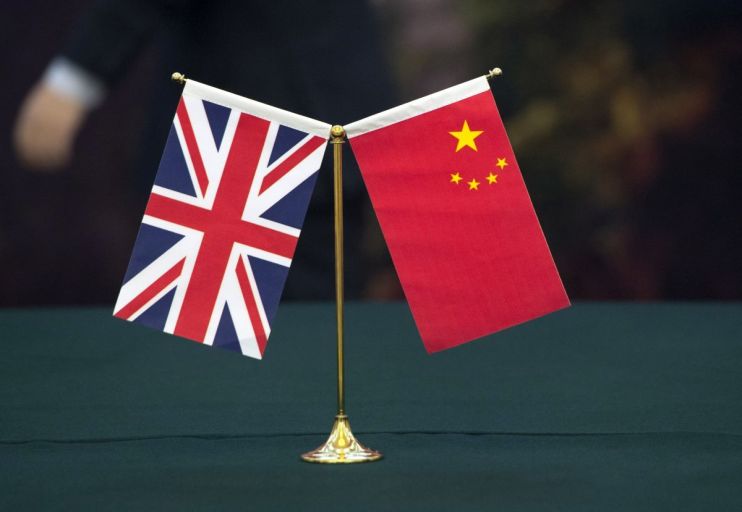China’s cyber-attacks are democratic threat and business opportunity

How you doing, my old China? That was certainly the tone of the UK’s attitude towards Sino-British relations when the current foreign secretary, David Cameron, was Prime Minister. He even took a confused-looking Xi Jinping for a pint in the Cotswolds.
As yesterday’s parliamentary announcements made clear, things have changed.
China’s cyber attack on the electoral roll is one of the most significant in recent times, even if the actual information harvested can hardly be described as ground-breaking.
But it does point to the constant, low-level state of war in which we are now living; make no mistake, the Chinese government is not going to take a day off because this time they got their fingers caught in the cookie jar.
What can be done? Short of turning the internet off – and there may be some who aren’t against that idea – the truth is not a huge amount. Digital interconnectivity comes with weaknesses, back doors. The business community, similarly, cannot pretend China doesn’t exist; its capital, its markets, are vital to the functioning of our economy and in the optimistic reading at least, where economic freedom goes, democratic freedoms follow.
This is, then, a business opportunity as well as a threat. Cyber insurance, for instance, is still in its infancy; if the London market can coalesce around some shared definitions and standards, it would not only give the capital a leg-up on the competition but provide businesses with the certainty they need – safe in the knowledge that their next hack-tastic government contract might not be the end of their business if the attached data ends up in the wrong hands. The UK, too, might become the home of the cybersecurity network.
Cyber-hacking, like China, is now a fact of life. Bemoaning it, as many MPs did yesterday, is one thing. Stopping it, or negating its impact, is quite another.